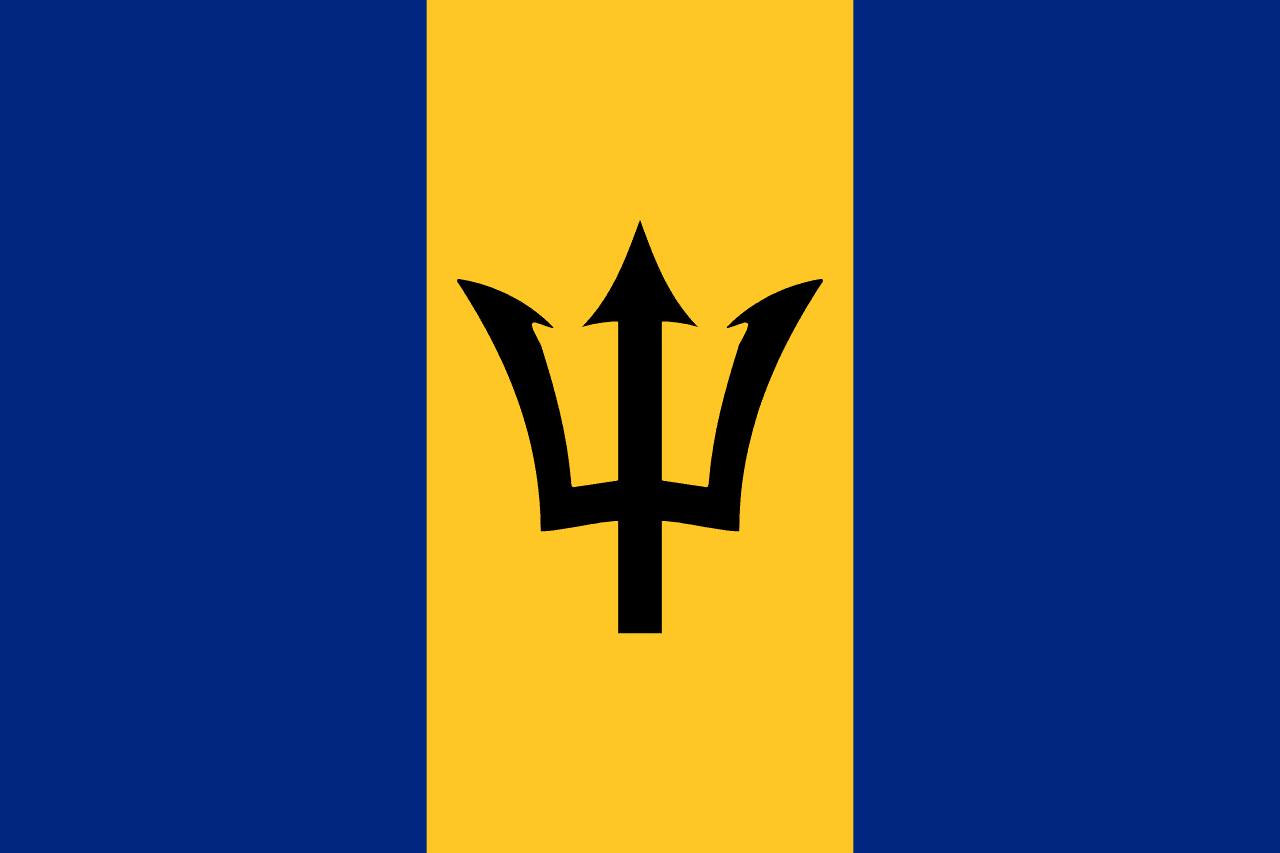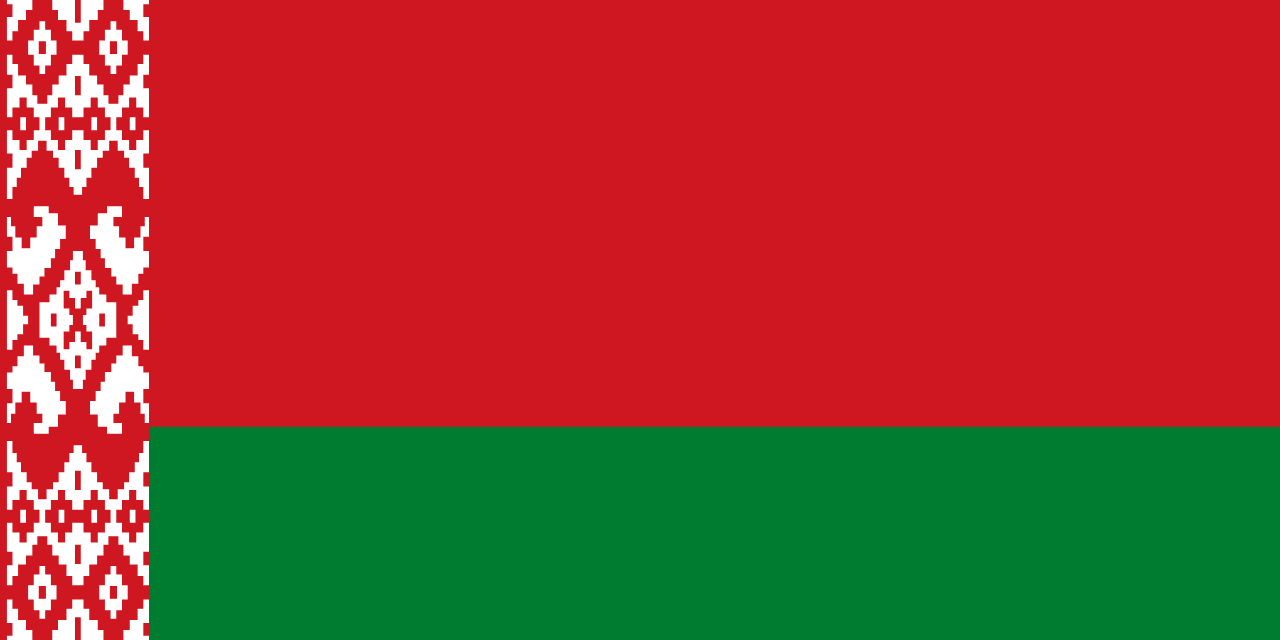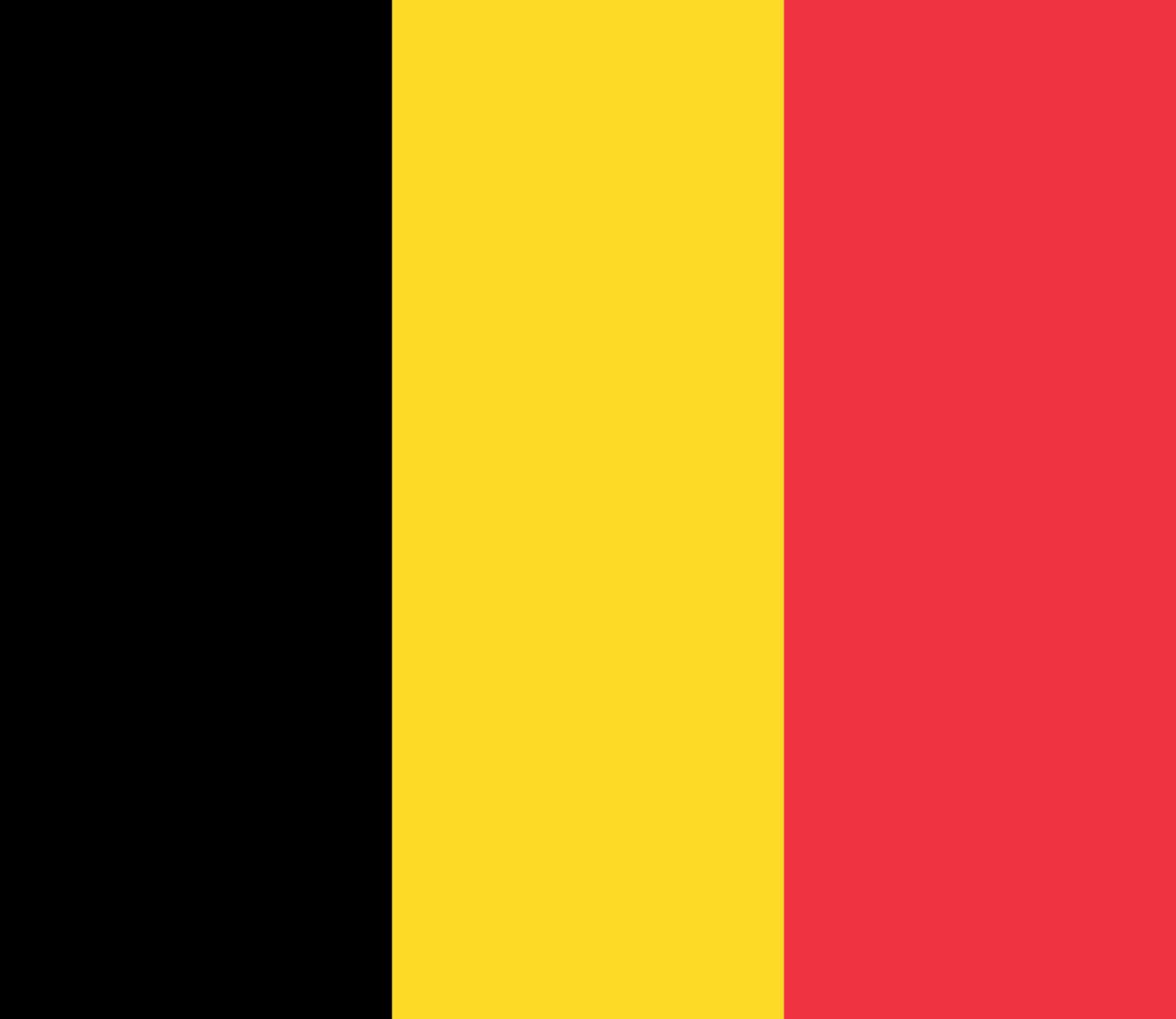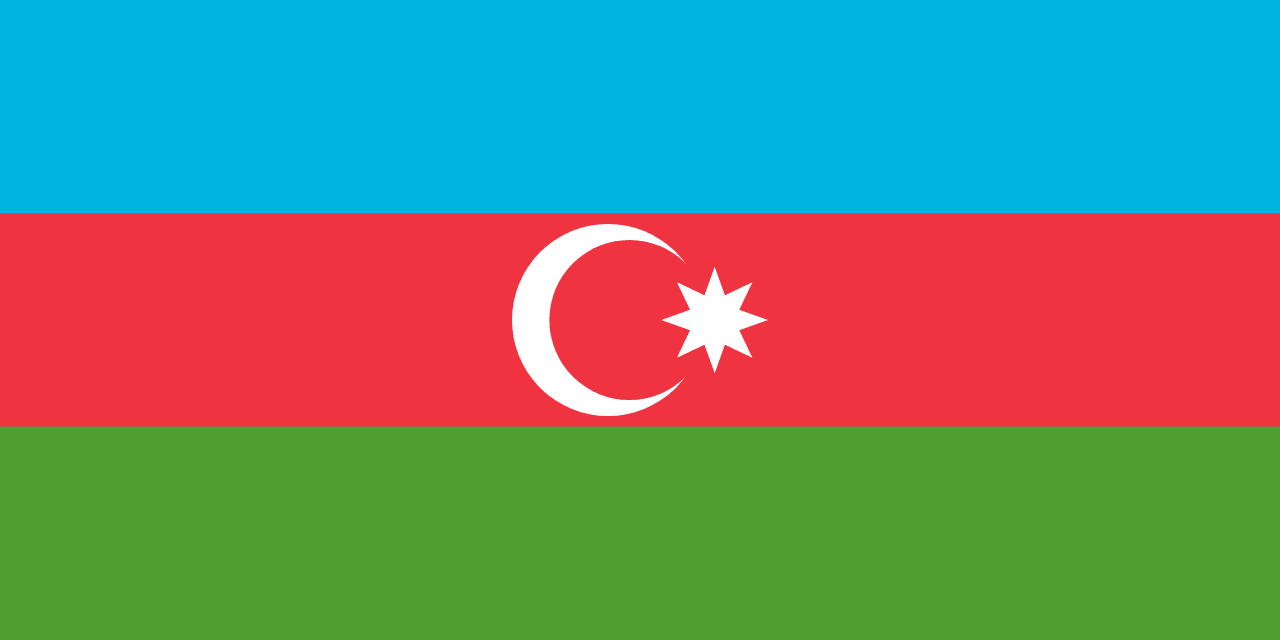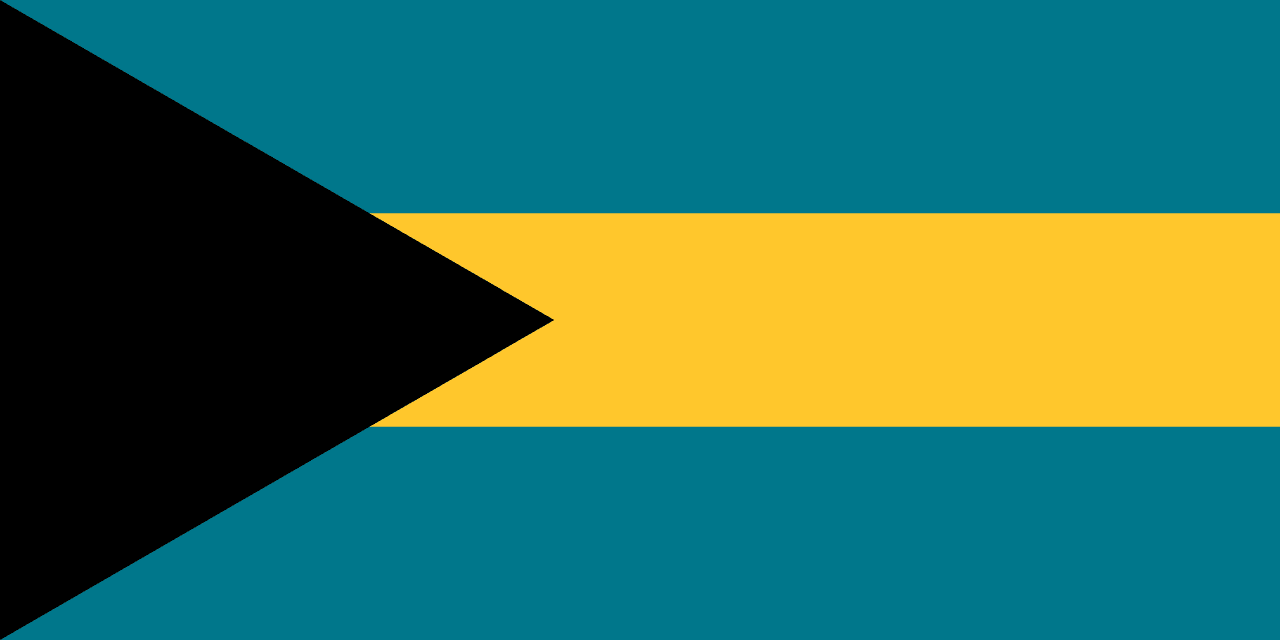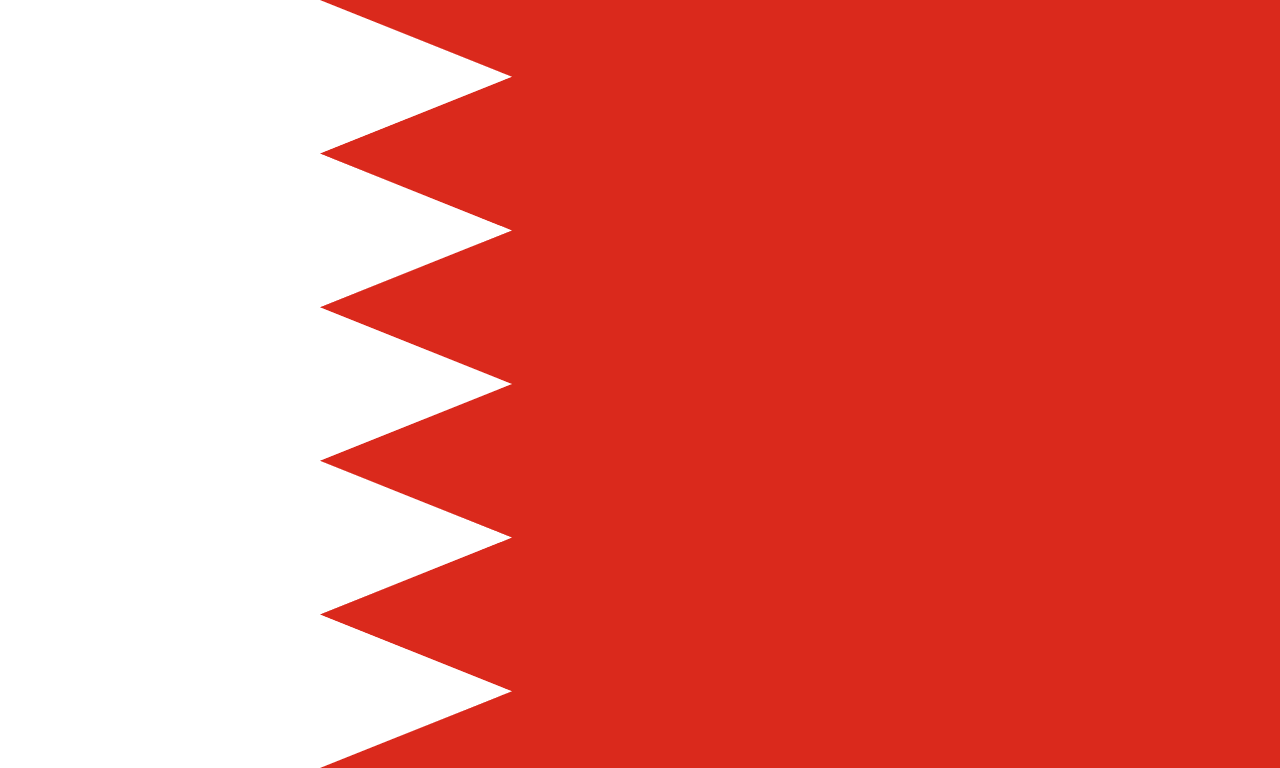The flag of Bangladesh consists of a red circle slightly off-center on a green field. This simple yet powerful design encapsulates the nation's history, culture, and aspirations, serving as a potent symbol of Bangladeshi identity and independence.
Bangladesh information
| National Flag Day | — |
| Sovereign state | Yes |
| Official name | People's Republic of Bangladesh |
| Capital | Dhaka |
| Population | 166,303,498 |
| Area | 147,570 km² |
| Currency | Taka (BDT) |
| Language | Bengali |
| Continent | Asia |
| Region | South Asia |
| Subregion | Bengal region |
| Borders | India, Myanmar |
| Timezone | Bangladesh Standard Time (BST) UTC+6 |
| Calling code | +880 |
| Top-level domain | .bd |
History of the Bangladeshi flag
 The flag was officially adopted on January 17, 1972, shortly after Bangladesh gained independence from Pakistan following a nine-month war of liberation. However, its origins date back to March 2, 1971, when it was first hoisted at Dhaka University, marking the beginning of the independence movement.
The flag was officially adopted on January 17, 1972, shortly after Bangladesh gained independence from Pakistan following a nine-month war of liberation. However, its origins date back to March 2, 1971, when it was first hoisted at Dhaka University, marking the beginning of the independence movement.
The flag was designed by Shib Narayan Das, a student activist, under the guidance of future president Sheikh Mujibur Rahman. It was initially created as a rallying symbol for the independence movement and later became the national flag of the newly formed country.
Symbolism and design of the Bangladeshi flag
Each element of the Bangladeshi flag holds deep significance:
- The green field represents the lush landscapes of Bangladesh and its agricultural heritage. It also symbolizes the youth and vitality of the nation.
- The red circle embodies multiple meanings. It represents the rising sun of independence, the bloodshed during the liberation war, and the warmth and energy of the Bengali people.
- The off-center placement of the circle towards the hoist side is said to represent the heart of the nation, beating with life and purpose.
The flag's design is notable for its simplicity and distinctiveness. The contrast between the green and red creates a visually striking effect, making it easily recognizable among world flags.
Evolution and specifications of the Bangladeshi flag
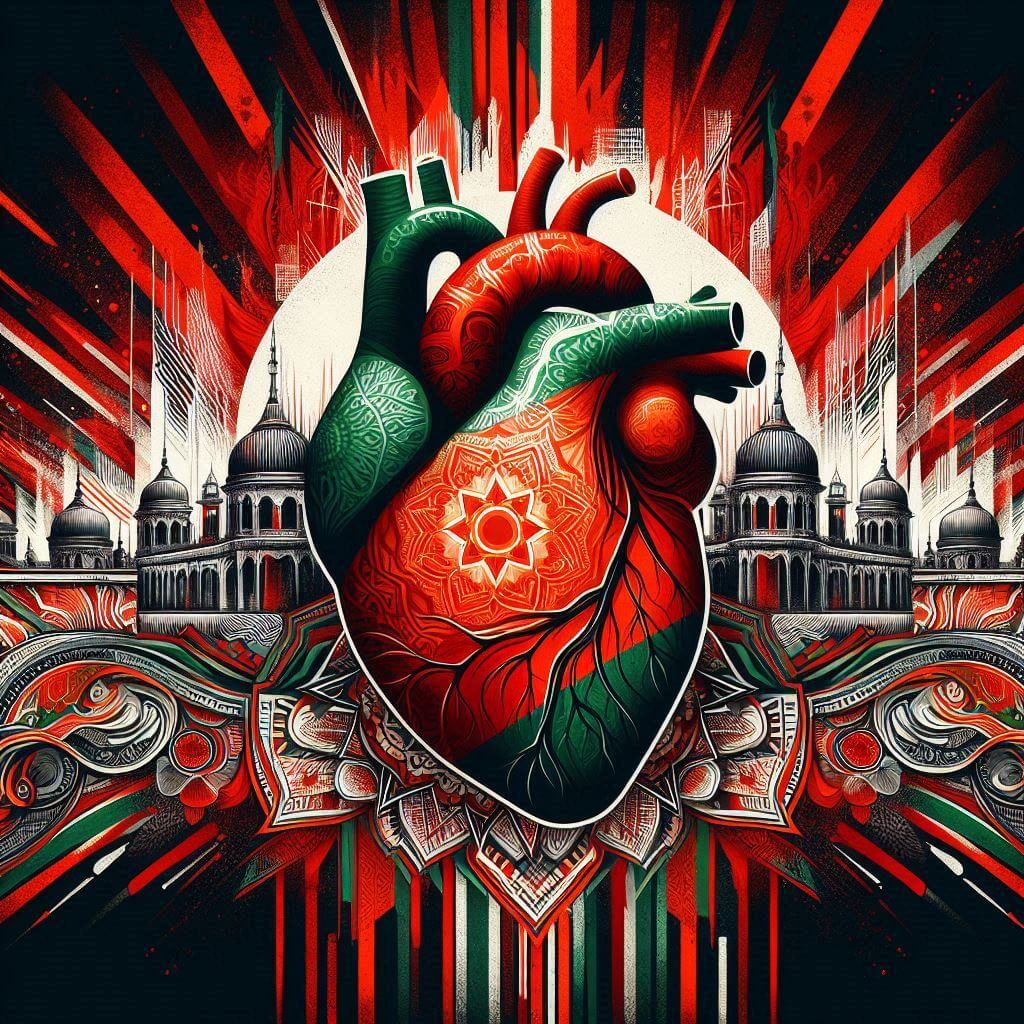 The flag's design has remained largely unchanged since its adoption, reflecting its enduring significance. However, there have been some specifications and standardizations:
The flag's design has remained largely unchanged since its adoption, reflecting its enduring significance. However, there have been some specifications and standardizations:
- The flag's proportion is 3:5, meaning its width is three-fifths of its length.
- The red circle's diameter is four-fifths the width of the flag.
- The circle's center is placed at one-fifth of the length from the hoist side.
- The exact shades of green and red are specified to ensure consistency in reproduction.
Usage and significance of the Bangladeshi flag
The flag of Bangladesh is a powerful symbol of national pride, unity, and independence. It is prominently displayed on government buildings, schools, and public institutions throughout the country. During national holidays, particularly Independence Day on March 26th and Victory Day on December 16th, the flag takes center stage in celebrations across Bangladesh.
In international contexts, the Bangladeshi flag represents the nation at diplomatic events, United Nations gatherings, and global sporting competitions. It serves as a visual ambassador, instantly recognizable and respected worldwide, embodying Bangladesh's sovereignty and cultural heritage.
Interesting facts about the Bangladeshi flag
- The flag's design was inspired by the flag of the Awami League, the political party that led the independence movement.
- During the liberation war, the flag became known as the "Muktir Pataka" or "Flag of Freedom," inspiring millions in their struggle for independence.
- The world's largest human flag was created in Bangladesh on December 16, 2013, with 27,117 people holding red and green blocks to form the national flag.
- The flag is sometimes referred to as "Lal Shobuj" (Red and Green) in Bengali, reflecting its dominant colors.
- In Bangladeshi culture, the flag is treated with utmost respect, and there are specific protocols for its handling, display, and disposal.
- The flag's design has influenced various national symbols, including the logo of the Bangladesh Cricket Board, which incorporates elements of the flag.
